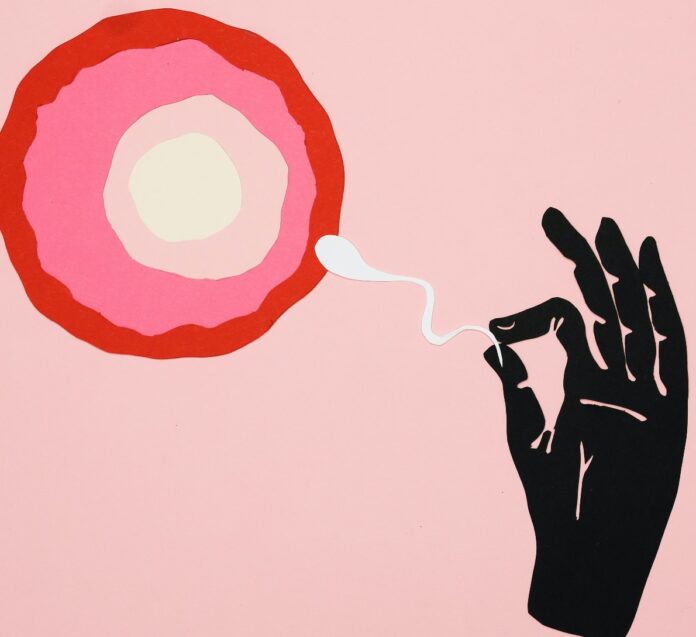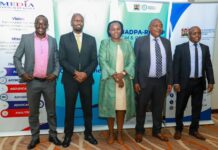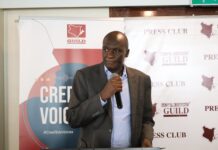By David Omurunga
Nakuru County, Kenya: “I really don’t know who bewitched me, instead of putting me through this kind of shame-not able to bear children, should have just killed me once and for all,” Tausi (not her real name) who is aggrieved begins narrating her sad story.
Tausi did not want her photo taken or even her true identity revealed.
She believes if people get to read her story and identify with her will add more trauma to her predicament.
She talked to David Omurunga of Talkafrica about her miserable life of living with infertility.
“I separated from my husband 3 years after we married, I expected him to be the father of my children, little did I know I was daydreaming”, “ he moved on, remarried, and blessed with children”, added Tausi who is in her early 60’s.
“All of my 3 siblings are happy with their families, being the first-born daughter, the society expected a lot from me. It’s over, it’s over, I am an embarrassment to my family,” wept Tausi as she wiped the tears from her eyes.
Tausi has nowhere to call home and has been living in denial with no shoulder to lean on.
Stigma and rejection because she is barren have clouded her life.
Infertility in the African setting attracts a lot of rejection, especially for women who are always expected to have children after a few years of marriage.
Myths and Misinformation around infertility, led Tausi to look for answers elsewhere, that to date has never borne fruits, but instead tortured her psychologically and mentally.
Her story is not any different from many women in Africa who have endured suffering in the quest to look for solutions.
World Health Organization (WHO) report released in April 2023, revealed that over 15 out of 100 people in Africa, both male and female suffer from infertility.
Similarly, the report further pointed out that the prevalence of infertility across the regions has remained a major health challenge worldwide.
The report further said that infertility prevalence in the African region stands at 16.4 percent, Western Pacific at 13 percent, Europe at 12.4 percent, Americas region at 10.4 percent, and the Eastern Mediterranean at 10 percent.
For Tausi, With high expenditure on medical interventions, all her hard-earned resources got depleted, rendering her helpless, and is depending on well-wishers for survival.
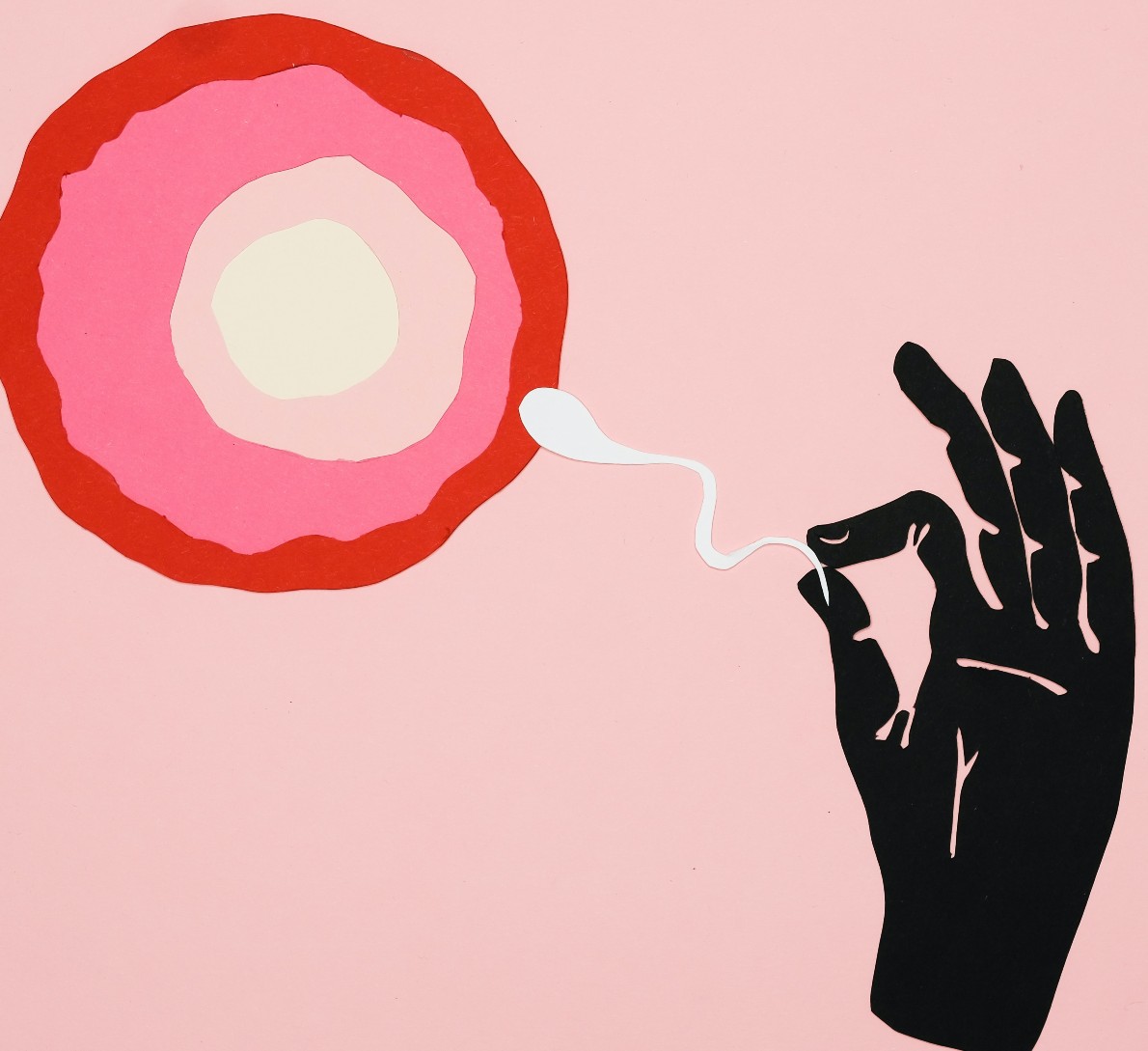
WHO’s Department of Sexual and reproductive health and Research, indicates that millions of people globally face challenges in health care costs as they seek treatment, and end up in poverty.
However proper public financing by respective governments and better policies in place can greatly enhance and improve access to treatment for both Low and Middle Income Countries.
United Nations Special Program on Research, Development and Research Training in Human Reproductive, analyzed the cost behind the treatment of infertility that has been neglected, especially in Low-Middle Income Countries (LMIC), which ranges between $ 2,109 and $ 18,592 (Kshs 288,933 – Kshs 2,547,104), to access Assisted Reproductive Technologies (ART).
As Tausi continues reflecting on her life, WHO is advocating for a regulatory framework and inclusion of ART treatment as an essential service under Universal Health Coverage (UHC) for happy and healthier lives.
It’s from this clarion call that the Merck Foundation, a philanthropic arm of Merck KGaA Germany, aims to improve the health and well-being of people and advance their lives through science and technology. “Our efforts are primarily focused on improving access to quality & equitable healthcare solutions, in underserved communities,” said Merck Foundation CEO, Senator Dr. Rasha Kelej during a forum at a Nairobi hotel.
“It’s our business and vision to build health care, scientific research capacity and empower people in Science, Technology, Engineering, and Mathematics, STEM, with a special focus on women and youth.”
Dr Kelej, a pharmacist by profession is alive to the fact that disease prevention and early detection through access to information, health, and changing the mindset, will set people and communities free from the bondage of diseases, across the continent of Africa.
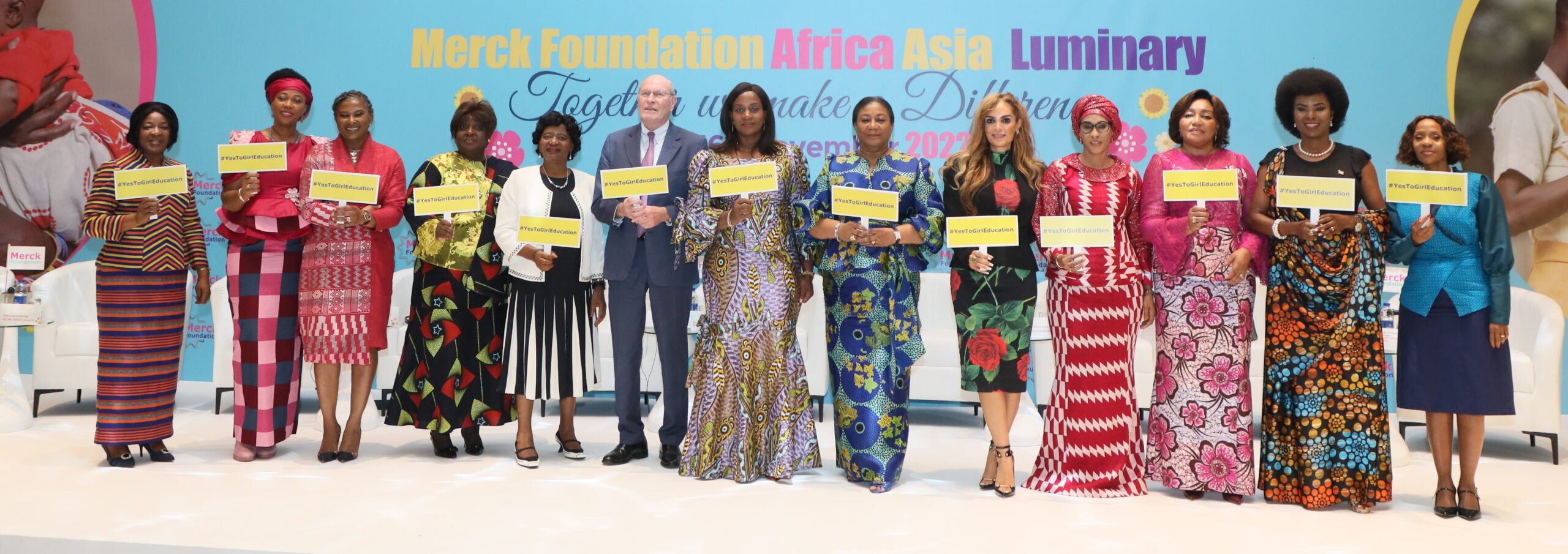
Merck Foundation has so far distributed more than 1,500 scholarships to build the capacities of experts in different fields, across Africa, Asia, and South America. “We have medical doctors dealing with challenges of infertility, embryologist, and researchers who will use their expertise to transform patient care in the both public and private health sector”, said Dr. Kelej.
Moreover, Merck Foundation through the “more than a mother” movement, which was launched in Kenya in 2015, aims at empowering infertile and childless women through access to information.
The powerful campaign supports governments in putting in place policies to enhance access to regulate safe and equitable fertility care.
Foundation strives to break the stigma around infertile women and raises awareness about infertility prevention, management, and male infertility. In partnership with over 20 African First Ladies, Ministries of Health, Information, Education & Gender, Academia, policymakers, International Fertility Societies, media, and art, this initiative also provides training for fertility specialists and embryologists to build and advance fertility care capacity in Africa, Asia, and developing Countries.
“With Merck Foundation’s “More Than a Mother”, we have initiated a cultural shift to de-stigmatize infertility at all levels. By improving awareness, training local experts in the fields of Fertility care and media, building advocacy in cooperation with African first ladies and women leaders, and supporting childless women in starting their own small businesses. It’s all about giving every woman the respect and the help she deserves to lead a fulfilling life, with or without a child” added Dr.Kelej.
However, she insisted on the media take its rightful place to educate, inform and entertain the community and the society at large. “We believe in objective reporting that will bring change for prosperity and development,” said the CEO as she promised her commitment.
The impact of the Merck Foundation has seen over 195 fertility specialists and embryologists trained, with more than 230, scholarships in various medical fields have been provided from 38 Countries.

